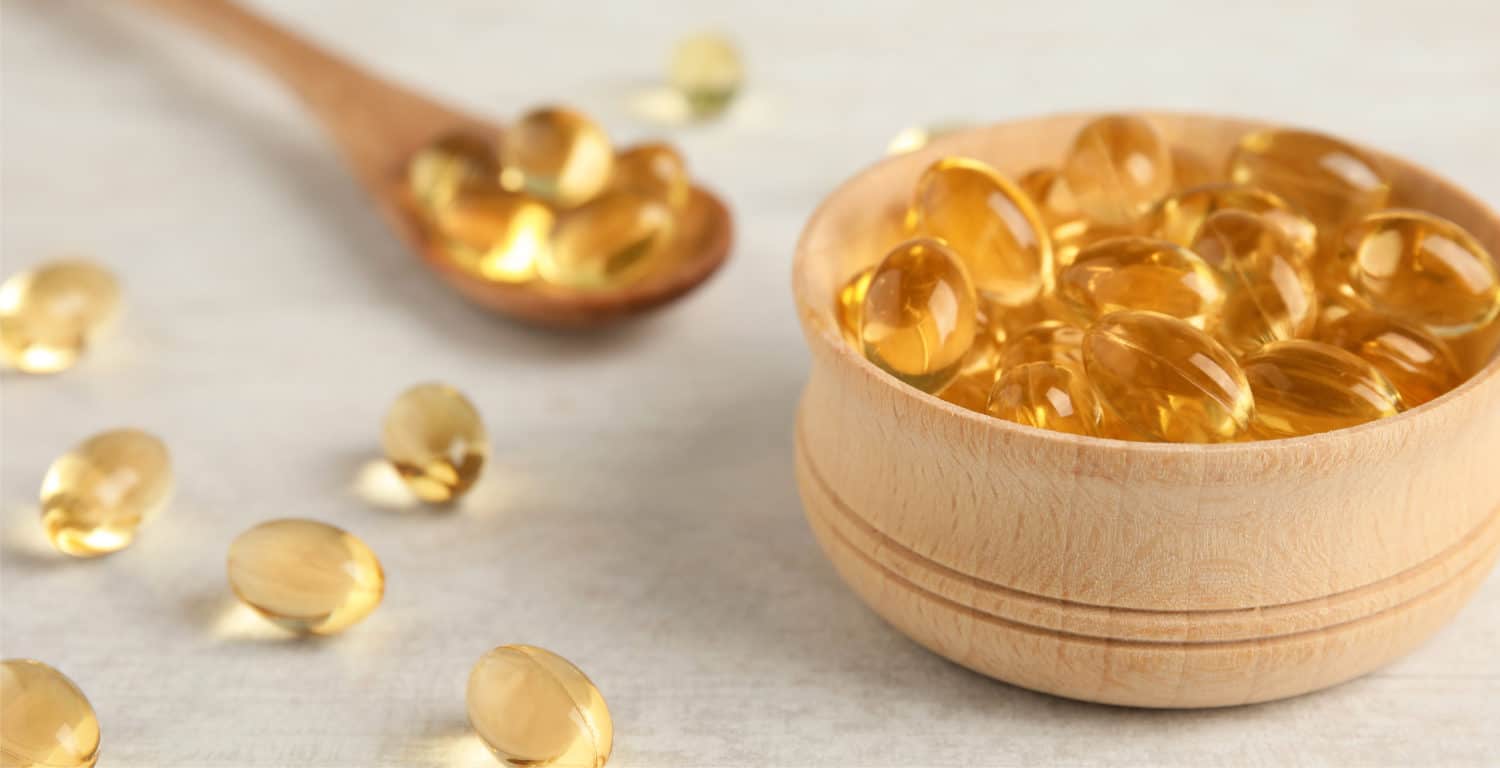While it may sound like a mouthful, Phosphatidyl Serine (PS) is a fat-like molecule (phospholipid) that supports cognitive health. Whether you feel like your memory isn’t as sharp, your focus is off, or your sleep or mood could be more balanced, read on to see if PS is the right nootropic for you.
A nootropic is a substance that enhances cognitive function by increasing blood flow and oxygenation to your brain. Nootropics can be used to help balance mood, but they can also help you perform better at work or school.
As mentioned, Phosphatidyl serine (PS) is a naturally occurring phospholipid that’s part of the cell membrane in our brains. Phosphatidyl serine is a nutrient that works in the brain to improve memory and concentration, reduce stress, promote sleep, and help support overall cognitive function. But how does Phosphatidyl serine work once it’s taken?
Table of Contents
How Does Phosphatidyl Serine Work in the Brain?
Your brain consists of several different sections, each of which is responsible for a different function. Phosphatidyl serine plays an important role in brain function. The phospholipids found in PS are essential for keeping your brain functioning optimally. The human brain contains about 60% fats (lipids). One of these lipids is phosphatidyl serine (PS), which makes up 10-15% of all myelin in the nervous system.
To put this into simpler terms, if the cell membranes of neurons in the brain are not sufficiently fluid, then they cannot effectively transfer information and nerve signals. This can lead to cognitive decline over time. The presence of sufficient phosphatidyl serine (PS) in the brain cells can result in better cognitive function. PS can also cross the blood-brain barrier to produce the neurotransmitters that aid in memory, namely, acetylcholine, which is a neurotransmitter needed for learning and memory. While PS supports learning and memory, it also helps balance mood.
PS plays an important role in neural signaling and has been shown to improve memory and reduce mental decline as you age. It helps to regulate the flow of nutrients into cells and waste products out of cells. Phosphatidyl serine has been shown to improve mood and promote healthy sleep patterns while also reducing stress levels.
Studies show that phosphatidyl serine declines in the brain as you age. In fact, a double-blind, randomized controlled study (a study where participants are randomly assigned to a controlled or placebo group and neither researchers nor participants know which group they’re assigned to). Phosphatidyl serine at doses of 100 mg to 300 mg/day was shown to improve memory function in Japanese seniors complaining about memory loss over the placebo group. Part of the mechanism behind this could be attributed to PS’s ability to increase delayed verbal recall, which occurs in early dementia. Animal studies have also shown that phosphatidyl serine can improve memory function.
Who Should Take Phosphatidyl Serine?
Phosphatidyl serine is an excellent choice for people who want to improve their memory, concentration, and mood as well as reduce stress and anxious feelings.
Phosphatidyl serine may also help with other aspects of brain health, like reducing the effects of aging on the brain, including:
• Memory problems (for example, forgetting where you put your keys)
• Difficulty concentrating or remembering things
• Mood swings (feeling down, depressed or anxious)
• Attention Deficit and Hyperactivity Disorder (ADHD)
Phosphatidyl Serine Supplements
Now that you’ve learned all about Phosphatidyl Serine, you may be wondering, how do I take it? Natural health practitioners often recommend PS as a treatment for memory loss, age-related cognitive disorders, sports injuries, and mood.
The most common sources of PS are from animals, but nowadays, you can also find PS derived from soybean. The recommended daily dose of PS is 100-200mg. For best results, phosphatidyl serine is best taken away from food or in between meals.
Phosphatidyl Serine Side Effects
While there is no evidence that phosphatidyl serine is harmful when taken at recommended doses, too much phosphatidyl serine could cause side effects like nausea or diarrhea.
Which Phosphatidyl Serine is Best?
When shopping for a natural health supplement like phosphatidyl serine, it’s important to choose one from a reputable brand that’s known for formulating high-quality supplements. Now Phosphatidyl Serine is a Canadian-made supplement that provides 100mg of PS per capsule. It’s derived from soy lecithin and encapsulated in easy-to-swallow vegetable capsules.
In conclusion, phosphatidylserine is a nootropic supplement that can help you focus better and improve your memory, as well as reduce the rate at which your cognitive abilities decline with age. Phosphatidylserine is a naturally occurring phospholipid that is part of the cell membrane in your brain. It is a nutrient that works in the brain to improve memory and concentration, reduce stress, promote sleep, and help support overall cognitive function. It also helps to regulate the flow of nutrients into cells and waste products out of cells, which fosters healthy neural signaling. Studies show that phosphatidylserine declines in the brain as you age, which may explain why memory problems are common among older adults who do not supplement with this nutrient.
Disclaimer: The information in this article is intended for educational and informational purposes only and should not be considered as a substitute for medical advice. Please consult your practitioner prior to taking herbs or nutritional supplements.
